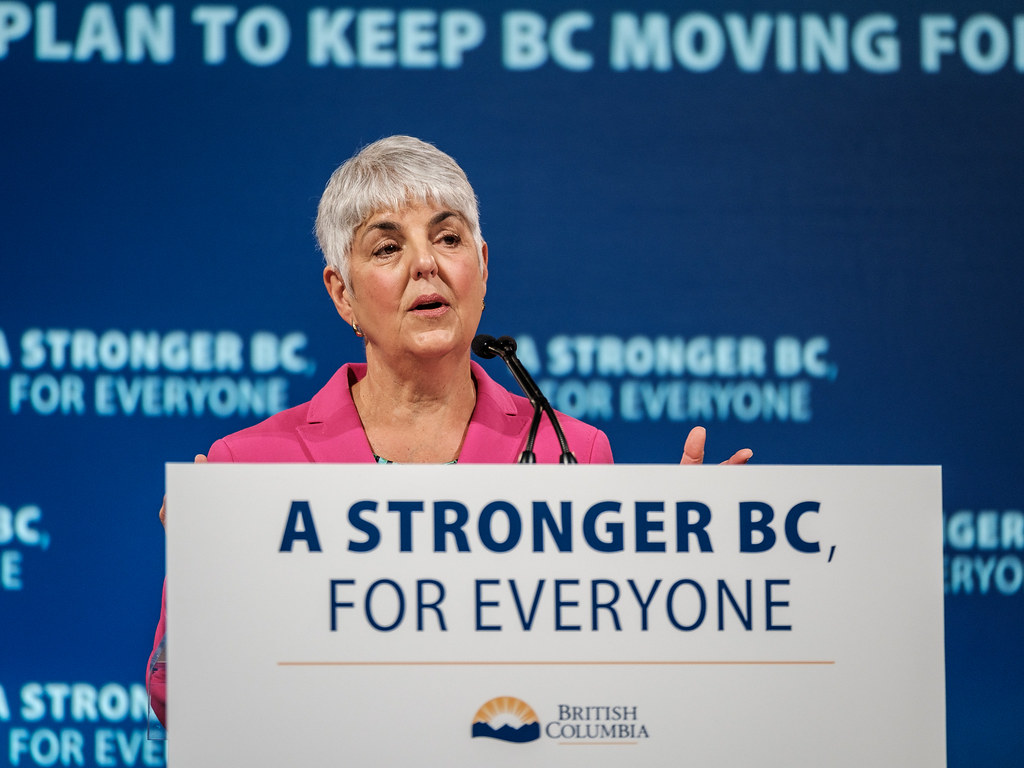Written by: Paige Riding, News Writer
The Government of British Columbia has announced that their 2020–21 budget will include funding for needs-based grants to assist post-secondary students with funding their education.
StudentAid BC describes the grants as “needs-based, up-front, and available to eligible students each year.”
According to StudentAid BC’s website, the BC Access Grant will be offered starting September 2020. To be eligible to receive a grant, the applicant must be a low- or middle-income student studying at a BC public post-secondary school, and must be eligible to apply for and receive a student loan. Those receiving student loans will automatically be assessed for the grant program with no additional application process necessary.
Shina Kaur, SFSS VP University Relations, spoke with The Peak about the grant.
Kaur said that the grant is beneficial for “people not only with low income, but [ . . . ] marginalized community members that are trying to have access to education.
“I think it will [ . . . ] decrease the barriers that exist to accessing post-secondary education.”
Certain factors including family income and the length of one’s program influence the grant amounts. Family income and the maximum amount of a grant are reciprocal; as family income increases, the maximum loan amount decreases. Programs two years or less in length allot a maximum of $4,000 a year for students, while those in longer programs may receive a maximum of $1,000 a year.
Kaur noted how the program was created as a result of various BC student bodies lobbying together.
“Things like this really show the importance and the value that student societies can bring if we’re willing to speak out about the things that really do impact us,” she stated.
“It’s about them knowing that we’re here, we’re present, and we’re not going to move until you give us what we want.”
Still, Kaur noted that there is still room for improvement. This program offers significantly less funding than the previous needs-based grant program which was eliminated in 2004. Furthermore, the average undergraduate tuition costs in British Columbia post-secondary has significantly increased from an average of $4,400 in 2006–07 to $6,463 in 2019–20.
“I think it’s a step in the right direction. I think it’s not as good as we can do, especially considering the fact that in 2004, the amount that the grant was for eighty million dollars, so literally twice as much as they approved now.”


[…] Source link […]